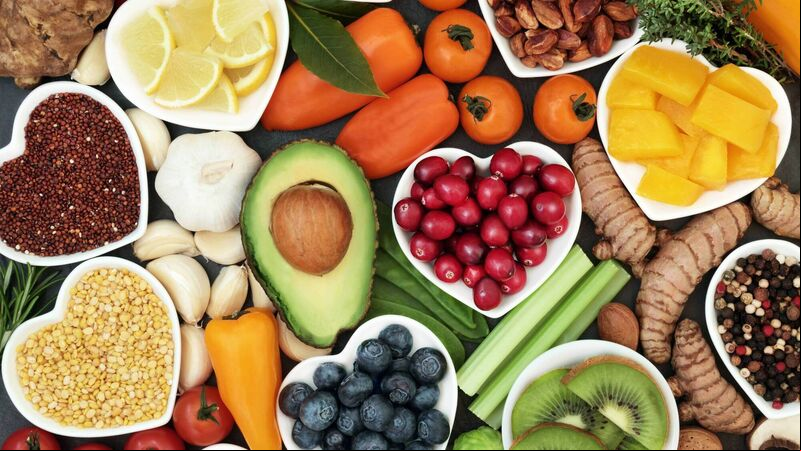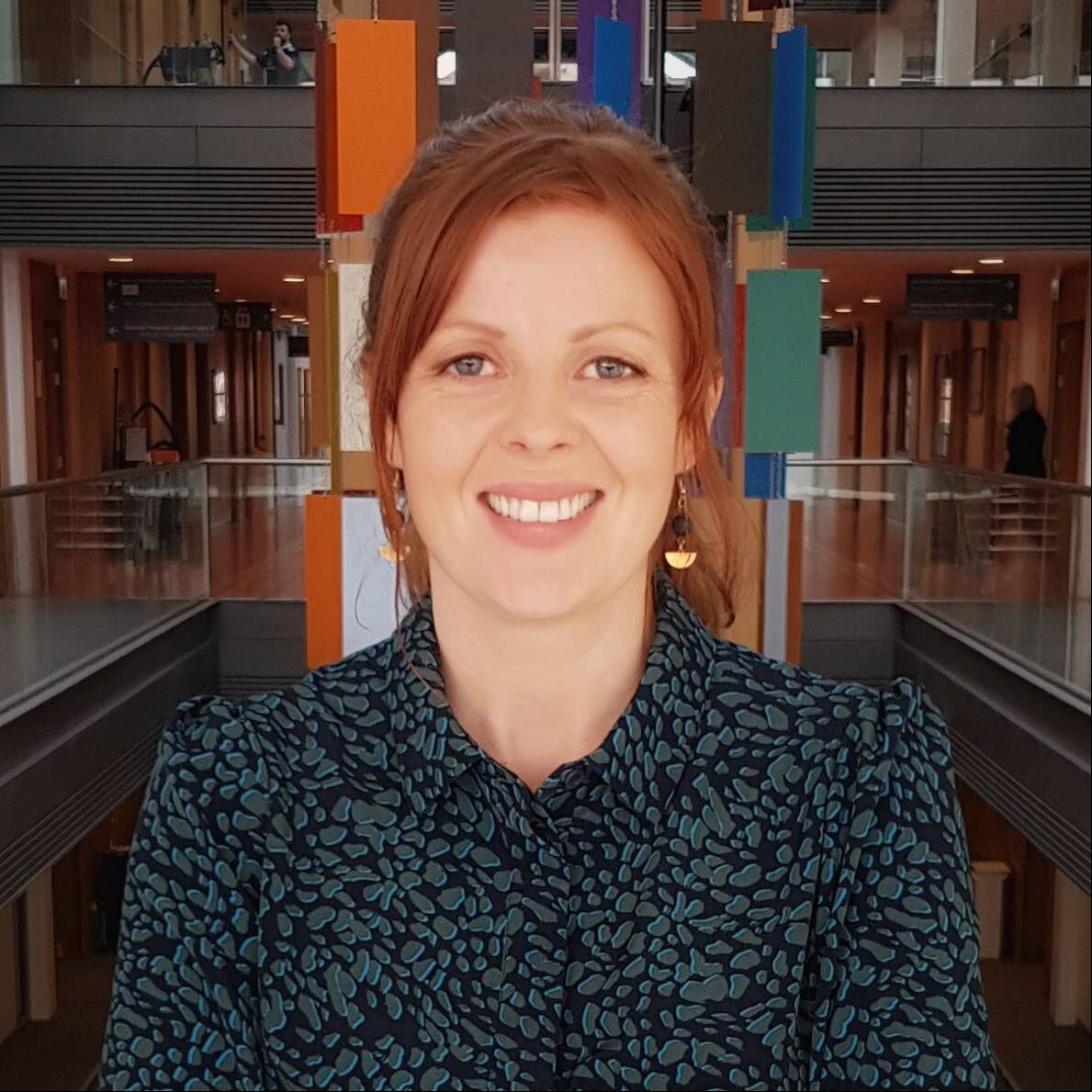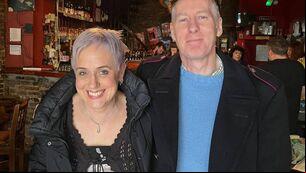Why we need to move towards Alternative Proteins in our diets

One area of research being looked at by the Smart Protein project led by UCC, includes the growing of plant-based protein crops. Picture: Stock
FOOD and climate are linked topics - an undeniable fact, and an uncomfortable one, too. By 2050, 52% more protein will need to be produced to feed a global population of 10 billion, on less land, at a time when the resources needed to do it diminish rapidly.


- Next week: Kate Ryan talks to acclaimed Cork-based chef, Ali Honour, formerly of Ali’s Kitchen and The Imperial Hotel, who is a champion for the Beans Is How campaign, which aims to double global consumption of beans by 2028.







 App?
App?


